BILL LASWELL
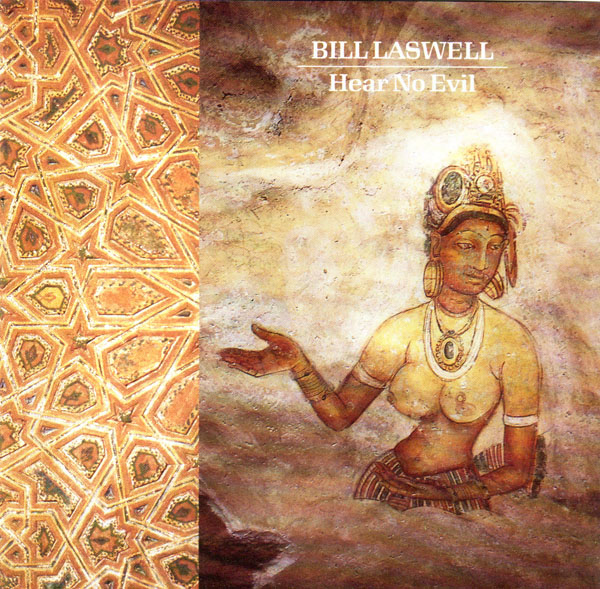
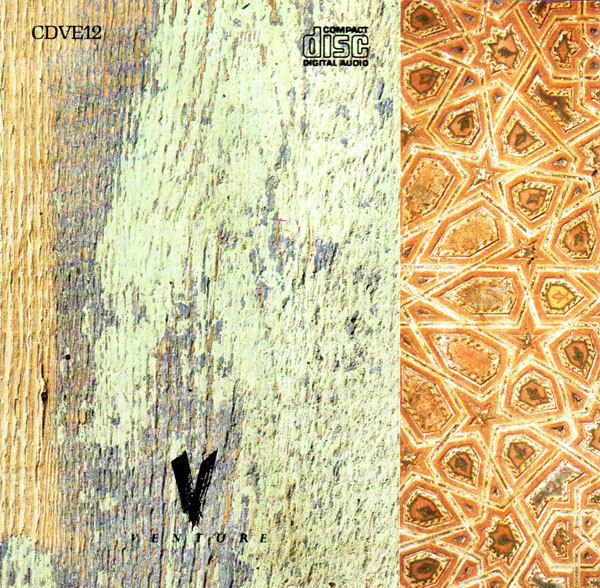
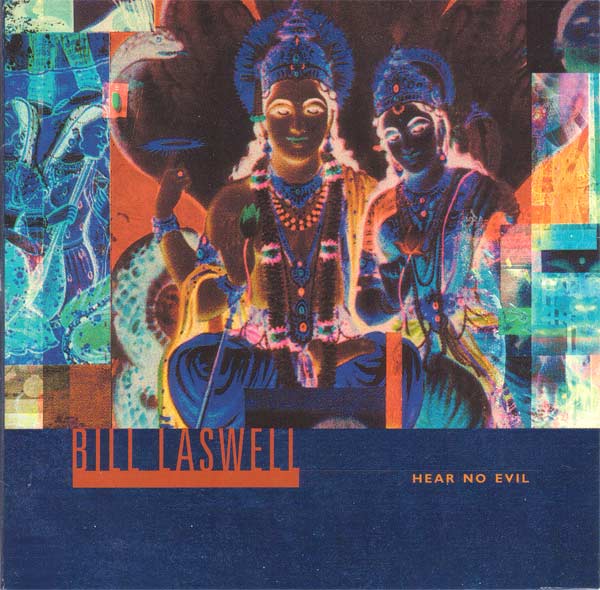
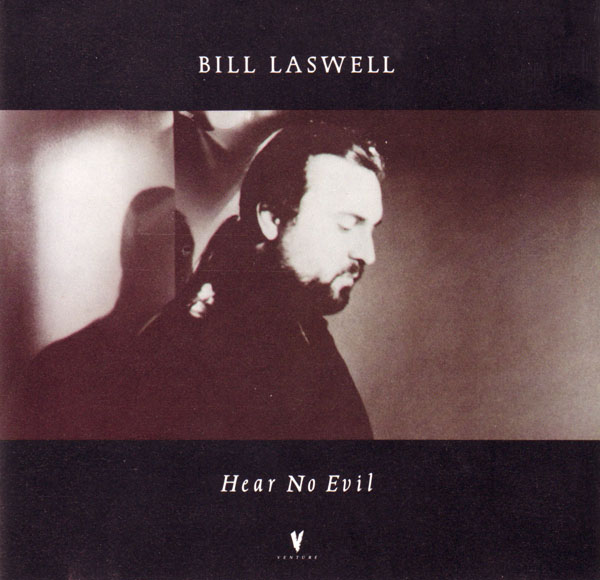
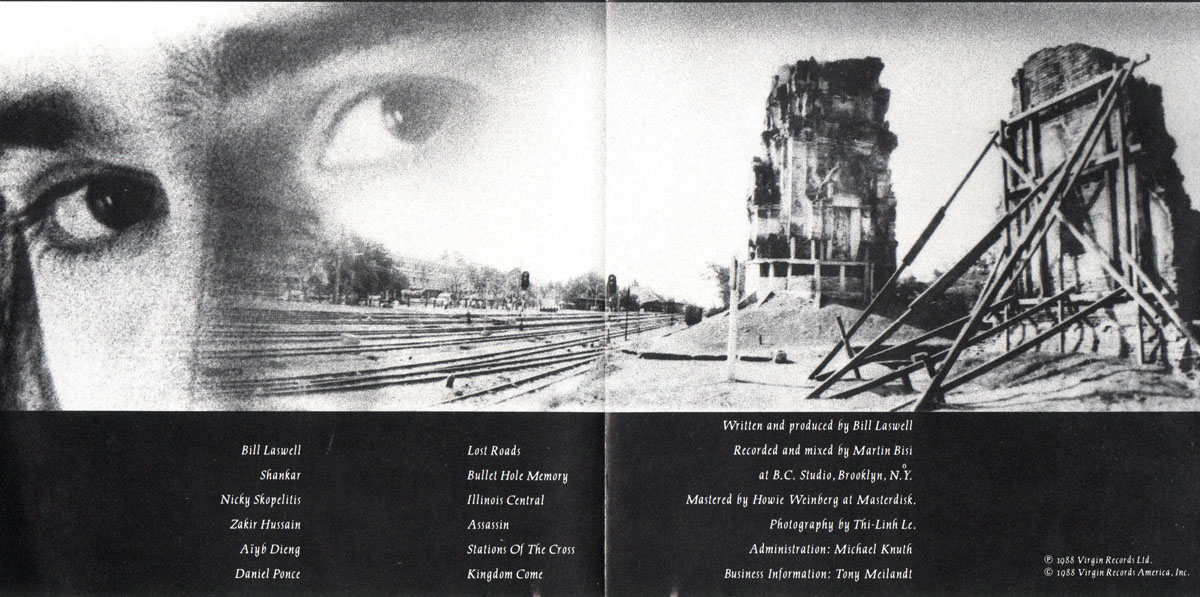
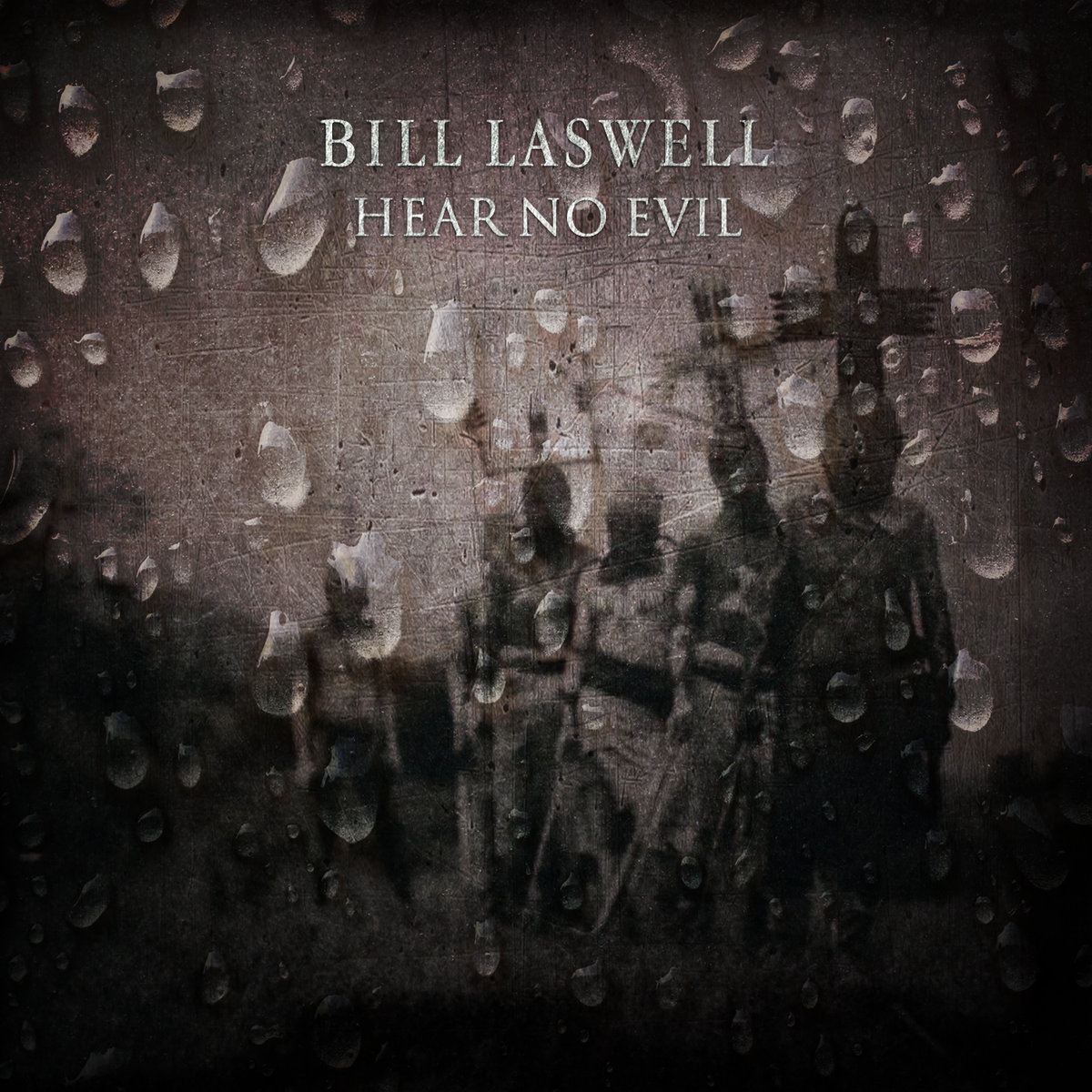






Disc one:
1/ Lost Roads (Laswell) 7.26
2/ Bullet Hole Memory (Laswell) 7.13
3/ Illinois Central (Laswell) 6.59
4/ Assassin (Laswell) 6.24
5/ Stations of the Cross (Laswell) 7.13
6/ Kingdom Come (Laswell) 7.33
Disc two:
1/ Lost Roads Orchestral Suite (Laswell) 18.07
2/ Kingdom Come Ambient Suite (Laswell) 26.28
Recorded at B.C. Studio, Brooklyn, New York
Additional recording on disc two done at Orange Music Sound Studios,
West Orange, New Jersey
Engineering: Martin Bisi
Engineering at Orange Sound Studio: Robert Musso
Mixed by Martin Bisi
Produced by Bill Laswell
Administration: Michael Knuth
Business Information: Tony Meilandt
Artwork for Bandcamp re-release by Yoko Yamabe @ Randesign
Originally mastered by Howie Weinberg at Masterdisk
Remastered by Michael Fossenkemper at Turtle Tone Studios, NYC
Bill Laswell: bass, beats; Shankar: violin, voice; Nicky Skopelitis: guitars; Zakir
Hussain (disc one): tablas; Aiyb Dieng: talking drums, percussion; Daniel Ponce (disc
one): congas, percussion; Jeff Bova (disc two): synthesizers, keyboards; Material
Strings (disc two).
1988 - Virgin Records America (USA), Inc., 7 90888-1 (Vinyl)
1988 - Venture/Virgin (Germany), 208 918-630-1 (Vinyl)
1988 - Venture Records (UK), VE 12 (Vinyl)
1988 - Virgin Records America (USA), 7 90888-2 (CD)
1988 - Venture Records (UK), CDVE 12 (CD)
1999 - Meta Records (USA), MT005 (2CD)
2016 - Bill Laswell Bandcamp (digital)
Note: Only the Meta Records and Bandcamp re-releases contains the second disc.
Exquisitely repackaged by Russell Mills for Meta, this re-release features a bonus CD slightly longer than the original featuring ambient remixes of the first and last tracks. Transforming them into elegant, elongated ragas, Laswell brings the tabla to the fore, and adds further colouration via incursions by the Material Strings, led by Karl Berger. A patent Laswell ambient mix translation entirely in the spirit of the original.
Stephen Fruitman
"Hear No Evil" is the landmark album which established Bill Laswell as a master producer of avant-ethnic/world funk. Released in 1988, "Hear No Evil" was recorded around the same time as Last Exit's "Iron Path". Laswell had been exploring music of different cultures since the early 1980's, as his collaboration with Golden Palominos and his other production featured a slew of exotic percussion sounds. In fact, the production of "Iron Path" has hinted his intention to use ethnic music (be it percussion, melodies and harmonies or the modality at large) in a full-fledge manner. Although "Iron Path" might not be a satisfying listening experience, "Hear No Evil" (which was released on Virgin Ventures, the same label as "Iron Path" back in 1988) was a watershed in Laswell's career and also serves as his creative blueprint for the next decade. "Hear No Evil" was out of print with the demise of Virgin Ventures, however, it could still be found in many cut-out bins or second-hand stores. This edition of "Hear No Evil" is reissued on Janet Rienstra's Meta label (of which previous releases included Paul Bowles' "Baptism of Solitude" and Material's "The Western Land", another acknowledged Laswell classic), remastered with lavish packaging designed by Russell Mills, this edition also includes a lengthy remix CD of "Lost Roads" "Kingdom Come".
The lineup of "Hear No Evil" reads like a roster of the Laswell posse past and future: Nicky Skopelitis and Aiyb Dieng (Laswell's own guitarist and percussionist), Shankar and Zakir Hussain (on violin and tabla) and Daniel Ponce, of whom Laswell played with in the Herbie Hancock's "Future Shock" ensemble.
The musical direction of "Hear No Evil" is predominantly ethnic and world. If one listens to Material's "Memory Serves" or other early '80s Laswell-produced album, one could not help but notice the sounds were dated. The "electronic" programming that Laswell favoured was replaced by passionate and complex rhythms and beats provided by percussionists Dieng and Hussain. The end result is a warm and affectionate sound that is fleeting, but never overpowering. Skopelitis wielded his guitar wizardry, picking and plucking unusual harmony, but always with a tinge of Western-African calmness and blended seamlessly with Shankar's Indian-raga-like violin lines. The sound of Laswell's Bass sounded as if he was still holding onto his Steinberger bass, without the full-rounded tone that he developed after dub-bass in recent years, the bass was rather upfront, and lacked the submerged beauty of his dublines. As Laswell once spoke unfavorably about Peter Gabriel's "Real World" collective, it is perhaps Laswell's intention to make an authentic "world/ethnic" album that does not sold short of the musical identity of the cultures Laswell incorporated into his mix. But having said that, "Illinois Central" sounded like a awkward combination in an attempt to mix blues with ethnic music. Other than this track, there is not a dull moment in "Hear No Evil".
The remix CD was two 20-plus minutes track remixing the opening and closing tracks of the original album. If "Hear No Evil" is Laswell's creative blueprint, then the remixes was the update and progress report of Laswell's sound, circa 1999. The deep-dub bass and strings harnessed the ethereal of the original recording, the high end bass tones replaced by subharmonic bass motifs that are trance-like. Samples emerged occasionally to supplement the exotic beats. Washes of ambient sounds keeps reminding us the music might come form a netherworld that never existed. The remixes, while lengthy, takes the listener through an exotic journey through beautifully-crafted sound collages.
In hindsight, perhaps the opening track "Lost Roads" is his statement of intent of the course of creativity Laswell was to embark on later, but thankfully he was able to absorb different culture around the world to improve his production skills, in his continue pursuit of the perfect sound. "Hear No Evil" is a nice re-introduction/interpretation and summary of a master producer's work past and future positive.
Vincent (review courtesy of the The Music Forum - Hong Kong website)